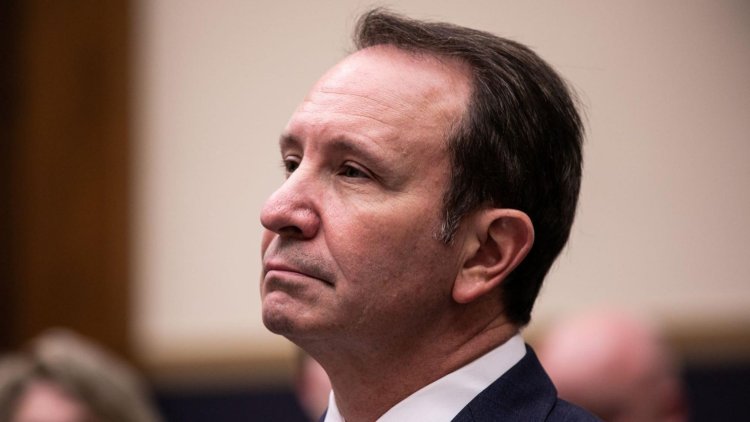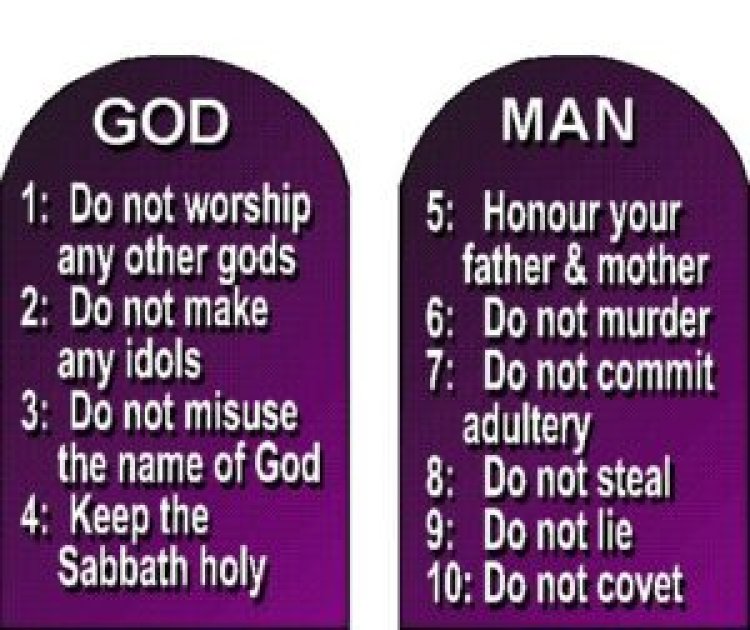Religious Ten Commandments should not be Enforced in Classrooms - Netizens Cry Out
Louisiana's recent decision to order the display of the Ten Commandments in all public school classrooms has ignited a nationwide debate over the separation of church and state.

Louisiana's recent decision to order the display of the Ten Commandments in all public school classrooms has ignited a nationwide debate over the separation of church and state, a fundamental principle enshrined in the US Constitution. Critics of the new law argue that it infringes upon this constitutional guarantee by promoting religious doctrine in a public, taxpayer-funded educational setting.
RECOMMENDED: Neglected U.B.E Primary School in Kaduna Struggles Without Classrooms, Drawing Public Outcry
"America has totally lost it. If not for the death of Jesus Christ on the cross, I don't see why God wouldn't give this world the Sodom and Gomorrah treatment because we have done worse things than they did."
"The freedom is no more free. The liberty is being challenged here and there. The free society is not permitted to be free. What a country!" exclaimed another concerned citizen, reflecting broader anxieties about the state of religious freedom and civil liberties in contemporary America.

The controversial measure, signed into law by Governor Jeff Landry, requires that every classroom receiving state funding prominently display a poster featuring the Ten Commandments by 2025. Proponents argue that the commandments are foundational to the moral fabric of society and serve as a historical basis for American law.
SUGGESTED: Arase Foundation Celebrates Birthday Ceremony with 32 Student Scholarships
However, dissenting voices worry that such a mandate crosses the line between church and state, potentially marginalizing non-religious or minority religious groups.

 Zita Ezechi
Zita Ezechi 



